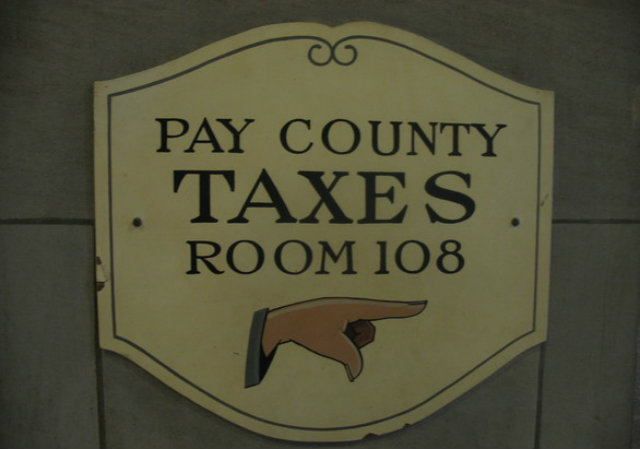
You’ve had a dream to own your own private practice and now the time has come to begin the research. In our first article on what it costs to start a private practice we also shared important information about deciding upon a location and securing an office space for your practice. In this article we will clear up some myths and misconceptions about the necessary certifications, permits or licenses you may need. I emphasize “may need” because it all depends on your venue and specific geographical locale for seeing clients.
Is A State License Required? Yes and No
First, let’s clear up a myth about what credentials a person needs to do private practice work. Well, in all honesty, you don’t need credentials depending on how you promote yourself, not that I am recommending or supporting that idea. And, you certainly do not need a state license in order to practice mental health counseling.
However, if you plan to have a professional practice and attract professional people to your office a state license may be very helpful. And certainly real professionals have credentials in the way of advanced degrees and extensive training and sometimes additional certifications in specialty areas and are able to collect professional level fees for their services.
If you plan to bill behavioral health insurance companies for reimbursable services you will need a license as the insurance companies want to see those state licenses before they will reimburse you for your services.
City And County Licenses
Next, you need to have the proper receipts or licenses from your city or county. Most of this information is now online at your city or county website.
What use to commonly be called an Occupational License and issued by your local city clerks office is now called a business tax receipt in most venues. You may pay anywhere from $25 a year to $150/year or more depending on the location. Generally, the business tax receipt fee amount also varies depending on the type of business you own, i.e. what profession you are in.
Speaking of which, make sure you read the article about selecting a name and business structure that is right for you.
In some county’s you may also be responsible for paying business property taxes. You can find that out by contacting your county’s property tax collector’s office. In some county’s they offer an exemption if your business property value is under a certain amount. This makes owning a small business easier in some locales.
Also, you may need to register with your state and it is possible that you may need to collect sales taxes on your services, so check with your states department of revenue.
Getting A Tax ID Number
For tax purposes you may decide to get an EIN number (aka an employer identification number). You will need an EIN if you decide to incorporate (S or C corp) or register as an LLC. If you are simply going to file a schedule C (business profit and loss schedule attached to your personal 1040) then you can use either your social security number (SSN) or you can get an EIN. If you are planning on filing insurance paperwork for or by your clients, it is recommended that you get an EIN. This will protect your privacy as you will use your EIN and not your personal social security number on your insurance filing forms and receipts. For more information on an EIN or to apply for your own EIN go here.
Naming Your Private Practice
When you go to file for an EIN or if you choose to create a formal business entity such as an S corp or an LLC, then you may want to have a DBA – “doing business as” name. It may be as simple as using your name and credentials, i.e. Jane Doe, LCSW or you may prefer a business name that makes you sound larger than life or carries with it some sense of your mission or why people need your services – Whole Life Coaching, All Life Stages Social Services, or Catch A Falling Star Counseling.
Professional Counseling Forms
Start your private practice with all the necessary counseling forms with this top notch professional private practice starter kit you can down load immediately.
How to Start A Private Practice Part 3 – Getting Organized and Free Tools